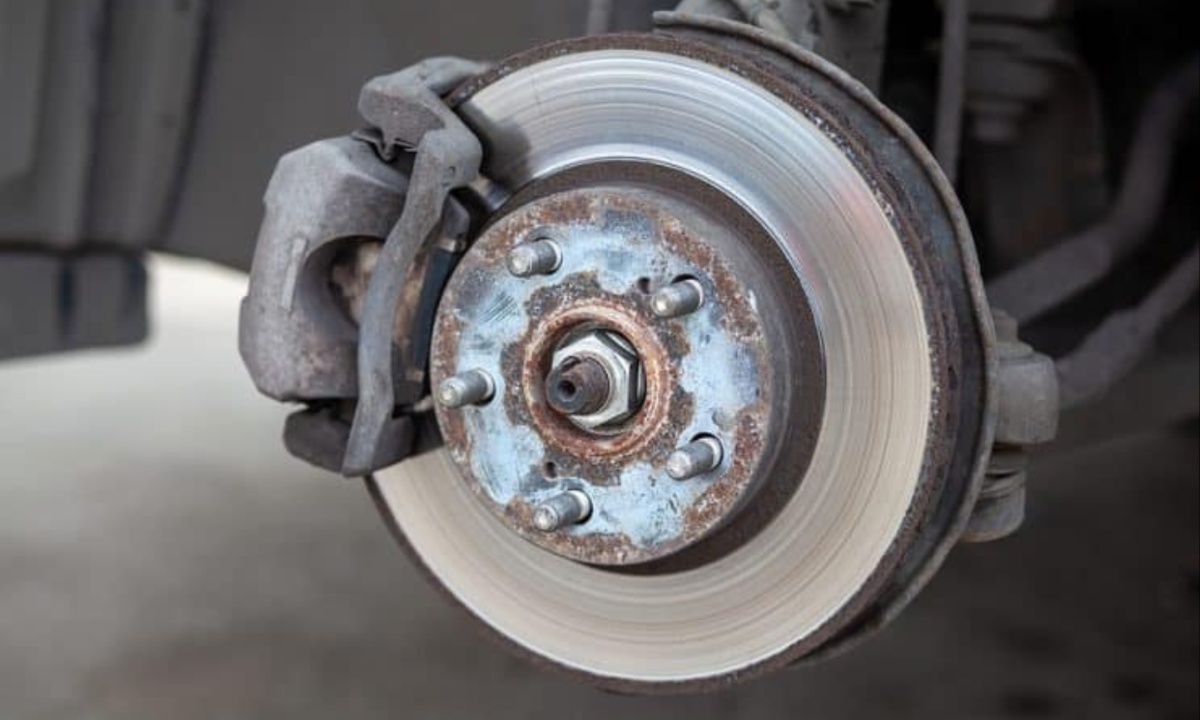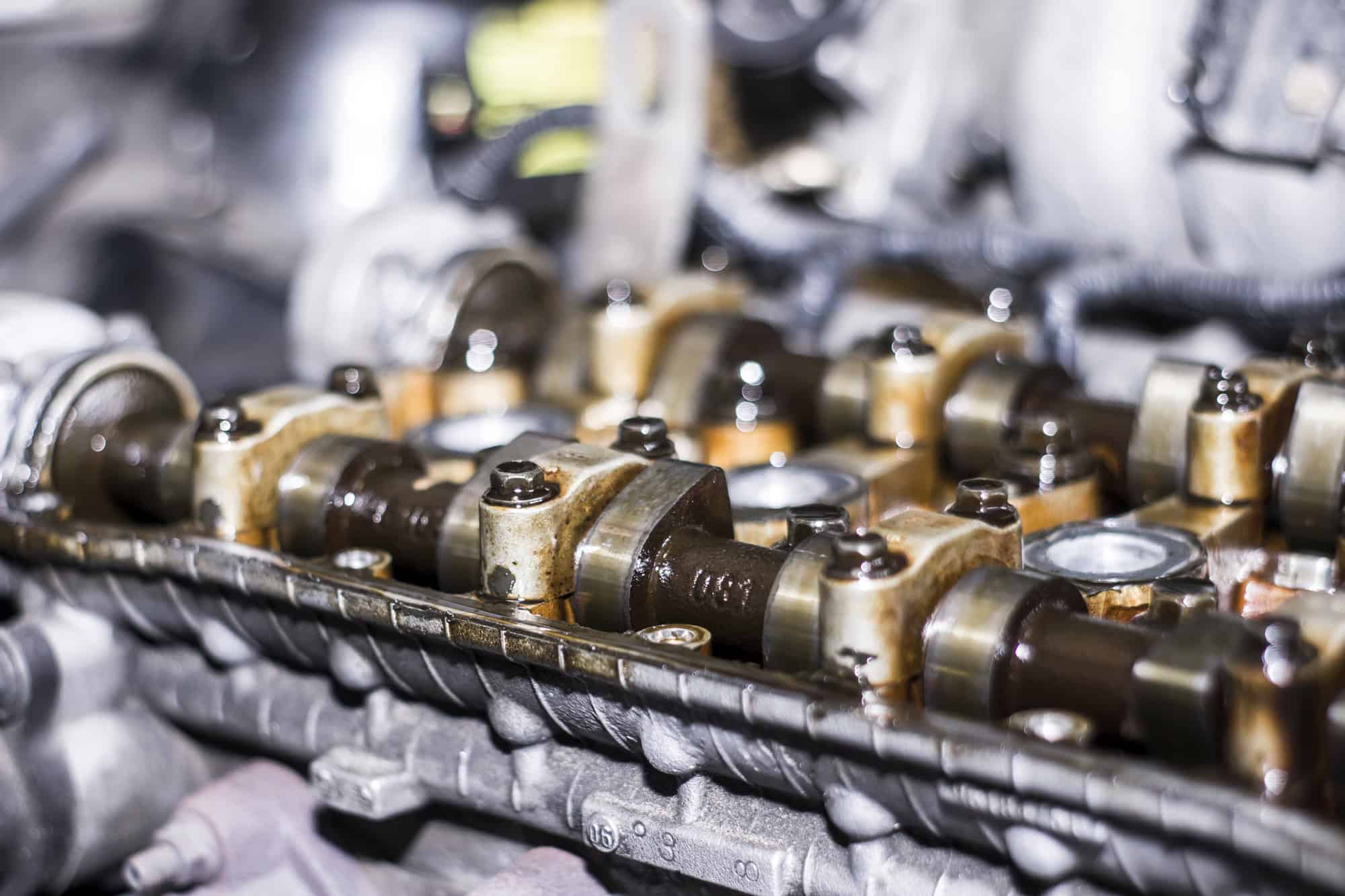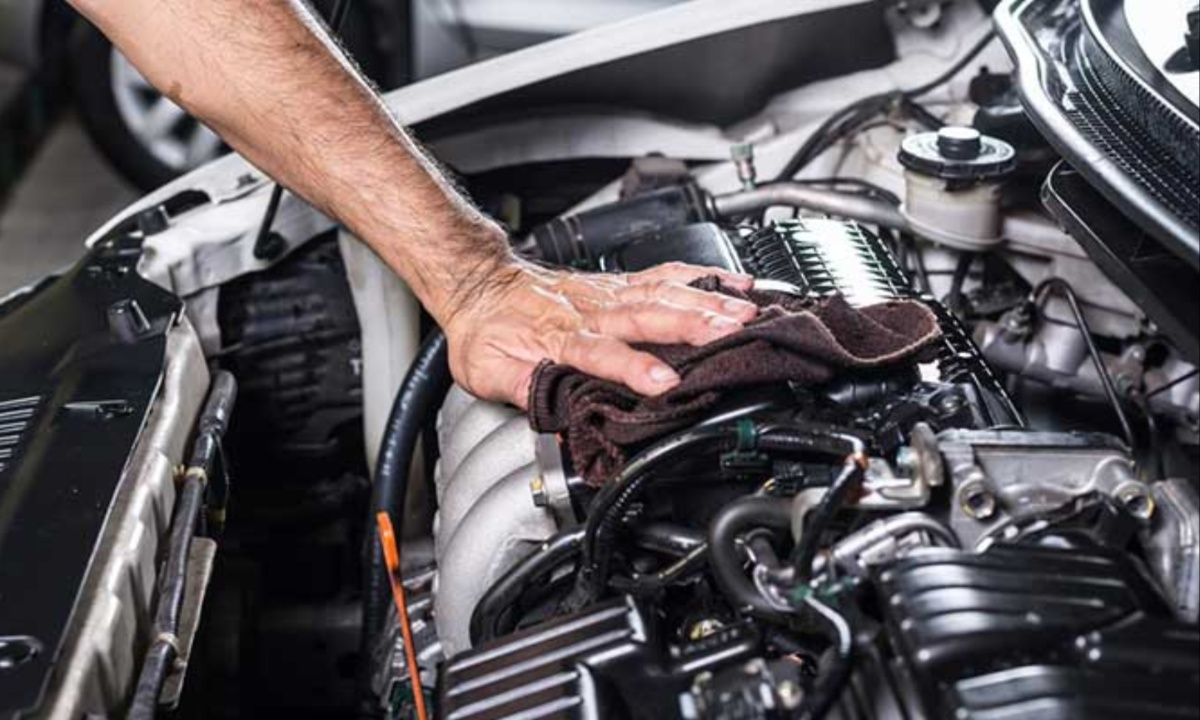A high-pitched squeal when braking usually signals that the brake pads are thinning. The squeal comes from an indicator on the pads rubbing against the rotor once it’s time for a replacement. If you hear this noise, don’t ignore it. Schedule a brake service soon to replace the pads. If delayed too long, the rotors might also need replacing, which could lead to higher repair costs. Prompt service can prevent additional damage to the braking system.
1. Grinding Sound: Brake Damage
When you hear a grinding noise while braking, it indicates that the brake pads have worn out completely. Now, the metal backing of the pad rubs against the metal rotor, causing friction. This metal-on-metal sound means the brakes are no longer functioning effectively, posing a serious safety risk. Immediate replacement of the brake pads is crucial to prevent further damage to the rotors and maintain optimal braking performance for your safety.
2. Clunking: Brake Caliper Failure
A clunking noise when braking could mean that the brake caliper is broken. The caliper is a small but vital part of the braking system, and if damaged, it can cause issues like locking up a wheel. If you hear this sound, it’s important not to drive your car until the caliper is repaired by a professional mechanic. Driving with a broken caliper can severely affect braking performance and safety, making prompt attention necessary.

3. Hissing Noise: Fluid Leak
If you hear a hissing sound after turning off the car, it could mean that some fluid is leaking from the engine compartment. This sound occurs when fluid leaks onto a hot engine component, causing it to boil. This could be due to a small issue like a power steering hose leak or a larger problem like a transmission issue. It’s essential to check fluid levels and the temperature gauge. If any issues are found, have your car towed to a service center for further inspection.
4. Engine Trouble: Knocking Noise
A knocking sound coming from the engine can often be caused by using lower-octane fuel than what your car requires. The engine’s components can start to knock when the wrong fuel is used, which affects performance. To solve this issue, simply switch to the recommended octane fuel as per your vehicle’s owner’s manual. If the noise persists despite using the correct fuel, it’s wise to have your car checked by a mechanic to rule out other potential engine issues.

5. Listening to Your Car: Early Detection
Modern vehicles are equipped with sophisticated diagnostics, but there’s still no substitute for listening to your car. Noises such as squealing, grinding, or knocking often indicate problems that need attention. Identifying these sounds early can prevent further damage and reduce repair costs. While it’s important to stay alert for unusual noises, prompt action and proper servicing are key to keeping your vehicle running smoothly and ensuring safety on the road.

